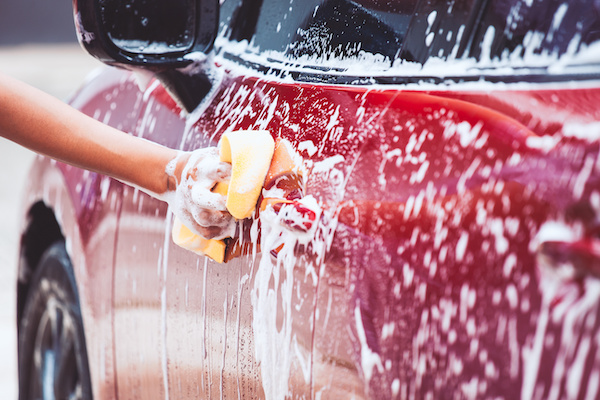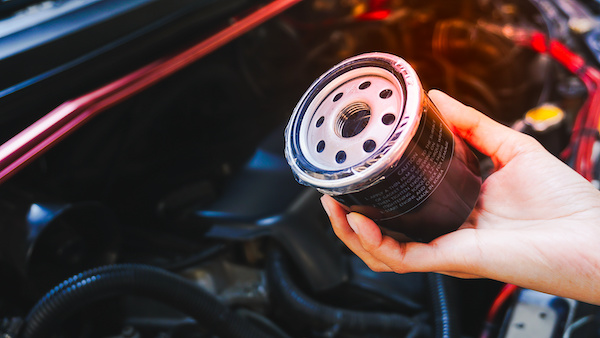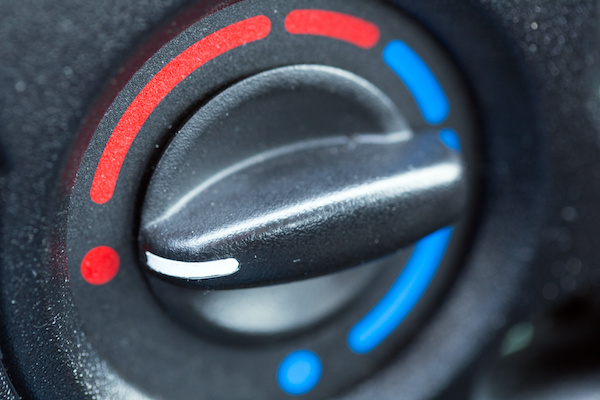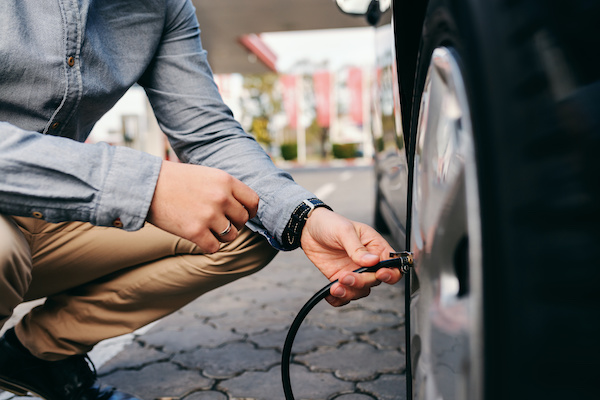Posted on 4/27/2023

With spring finally, here, most people will find themselves doing their spring cleaning. Tidying your house is a nice place to start, but keeping your vehicle clean is just as important. A clean car is not only a matter of looks but also a way to maintain its value and performance. But do you know the right way to wash your car? Here are some do's and don'ts of car washing that can help you keep your vehicle's appearance pristine. Do's of Car Washing: Use the right tools: Choose soft, non-abrasive materials such as microfiber towels, wash mitts, and sponges to avoid scratching or damaging the car's surface. Also, use a pH-balanced motorcar shampoo to ensure the paint is not stripped of its protective wax. Clean the wheels and tires first: Before washing the car, clean the wheels and tires with a specialized cleaner and brush to remove brake dust, dirt, and grime. Rinse thoroughly: Use a hose or pressure washer to rinse off any loose dirt and debris before washin ... read more
Posted on 3/31/2023

Regular oil changes are critical to keeping your car's engine running smoothly, but did you know that changing your oil filter is just as important? The oil filter plays a necessary role in protecting your engine and keeping it running efficiently. Here are some reasons why it's important to change your oil filter regularly: Remove Contaminants from Your Oil The oil filter's primary job is to separate the contaminants from the oil as it circulates through the engine. Over time, these contaminants can build up and cause damage to your engine, leading to costly repairs. Regularly changing your oil filter ensures that it does its job properly and keeps your engine clean. Improve Engine Performance A dirty or clogged oil filter can lead to reduced engine performance. As contaminants build up in the oil, it becomes less effective at lubricating the engine's moving parts, increasing wear and tear. A clogged filter can cause your engine to ... read more
Posted on 2/28/2023

If you're driving in the cold winter months and your car heater is blowing cold air instead of warm, it can be a frustrating and uncomfortable experience. Fortunately, there are a few common reasons why this might be happening, and many can be easily resolved with the help of a professional auto repair shop. Low coolant levels: One of the most common reasons for a car heater blowing cold air is low coolant levels. Coolant, also known as antifreeze, is responsible for keeping the engine warm and maintaining the correct operating temperature. If the coolant levels are low, the engine may not be warm enough to heat the cabin, causing the heater to blow cold air. Faulty Thermostat: The thermostat is in charge of regulating the temperature of the coolant in the engine. If the thermostat is faulty, it may not be opening and allowing the coolant to circulate properly, causing the engine to run cold and the heater to blow cold air. Blocked Heater Core: The heater core is a small radiato ... read more
Posted on 1/29/2023

Whenever an unfamiliar light or symbol appears on your dashboard, you might feel a level of concern or even panic. Most of the time, they are easy to read and self-explanatory. Other times, you may have no clue. One warning indicator that our customers tend to ask us about is the TPMS light, or tire pressure monitoring system light. The TPMS light looks like a horseshoe with an exclamation mark, and it can appear when your tire pressure is too low in one or more of your car’s tires. Here is every step you should take following the appearance of this light: Step 1: Look Up What Your Tire Pressure Should Be At Every manufacturer has a labeled pressure, usually in the units of psi, for your front tires and rear tires. It can be found on a sticker on the driver’s door jamb. If not, you should check the manual. Step 2: Measure Tire Pressure Manually Next, you will want to check each tire’s pressure using a tire gauge manually. You can go to a local gas station ... read more
Posted on 12/15/2022

With millions of people traveling on the road over the holiday season, some traffic will almost always be inevitable. Whether traveling solo, in a duo, or with a packed full car, you might as well make some fun of it. To make your road journey merry and bright, how about jamming to some holiday classic tunes road? Here are some of our favorites that always make our playlist cut every year: All I Want for Christmas is You – Mariah Carey Run Rudolph Run – Chuck Berry Santa Claus is Coming to Town – The Jackson 5 I’ll be Home for Christmas – Elvis Presley Feliz Navidad – José Feliciano Last Christmas – Wham! It’s the Most Wonderful Time of the Year – Andy Williams Santa Tell Me — Ariana Grande Merry Christmas, Happy Holidays — NSYNC It’s Beginning to Look a Lot Like Christmas – Michael Buble Rockin Around the Christmas Tree – Brenda Lee Underneath the Tree – Kelly Clarkson Holly J ... read more